Vegetarian diet has become popular over the last few years. There are various reasons for it. One is a huge shift towards including more fruits and veggies in our diet. It has multiple positive effects on your health. You get loads of fiber, vitamins, antioxidants, and minerals from them. But are all vegetarian diets the same? It turns out no! In today’s article, I’ll be discussing 6 types of vegetarian diets.
What is a lacto-ovo vegetarian? Can flexitarians eat dairy products? What do lacto vegetarians eat? We’ll be talking about all of these and more so keep reading.
1. What is Lacto-Ovo Vegetarian Diet?
The lacto-ovo vegetarian diet is the more traditional veggie diet. It doesn’t include any meat or fish. You will still be eating dairy products such as milk and eggs though. As the prefix ‘lacto’ suggests, the diet includes products taken from cow’s milk. The other prefix ‘ovo’ is in reference to eggs. This is derived from the Latin word ovum. In this particular diet, you will be including foods such as eggs, milk, cheese, butter and other dairy products. You won’t be eating any animal-based foods such as meat or fish.

Is Lacto-Ovo Vegetarian Diet Healthy?
There are many reasons for adopting the lacto-ovo vegetarian diet. Some do it because of religious or cultural reasons. For instance, people following Hinduism or Buddhism generally practice this diet .Some choose to go with this diet for ethical reasons. Health is also a factor. Research suggests a vegetarian diet can reduce the risk of contracting type-2 diabetes. Considering the lacto-ovo diet helps you catch up on healthy fruits and vegetables, it also helps regulate your blood sugar levels. Have you tried a lacto-ovo vegetarian diet?
2. What is Lacto-Vegetarian Diet?
The lacto-vegetarian diet is very similar to lacto-ovo. The difference is that it doesn’t include any eggs. You would still be eating a lot of dairy products and veggies. You also won’t be able to eat any beef, pork, chicken or fish. Jainism is one of the religions, along with Hinduism and Buddhism, that generally follows a lacto-vegetarian diet.
Is Lacto-Vegetarian Diet Healthy?
Research shows that a lacto-vegetarian diet can bring down your total cholesterol and LDL levels. LDL cholesterol is the bad type that causes heart disease. A study of over 156,000 people showed those who followed a lacto-vegetarian diet have a 33% less likelihood of getting type 2 diabetes compared with those who followed a non-vegetarian diet. Since you would eat fewer calories than those who eat meat, it will also help with your weight loss.

Research shows those who followed a veggie diet for 18 weeks lost around 5 pounds more than those who ate meat. A vegetarian diet is also likely to reduce your chances of developing cancer by about 10% to 12%.
3. What is Ovo-vegetarian Diet?
If you choose to follow the ovo-vegetarian diet, you wouldn’t be eating any dairy products at all. Along with plant-based foods, you can also eat eggs as well, as the prefix ovo suggests. This means you won’t be eating any butter, yogurt, ice cream or even cow’s milk. Instead, you can go for egg-based dishes such as omelets, scrambled eggs and egg noodles, among others. You can also have egg-based baked goods such as muffins and cakes.
Good things about Ovo-Vegetarian Diet
With an ovo-vegetarian diet, you can reduce the number of calories you consume due to the absence of meat and fish. You will also bring down your levels of sugar and saturated fats. You’ll also meet your body’s daily requirement of sodium. When you combine this diet with regular exercise, you can bring down the cholesterol level in your body. The combination also helps reduce your blood pressure as well.

You can even reverse plaque that may have built up in your blood vessels. Research shows you can reduce the chances of getting type-2 diabetes by as much as 25% if you follow a vegetarian diet. If you already happen to have the condition, the diet can help regulate your sensitivity to insulin.
4. What’s Flexitarian Diet?
A flexitarian diet, as the name suggests, is a more flexible diet compared to strict vegan or vegetarian varieties. You will still be eating more plant-based products, but you’ll be able to eat meat and eggs every now and then. You get most of the proteins your body needs through the plant-based food you eat. Because you’re eating fewer animal products, you reduce the added sugar and processed foods you consume.
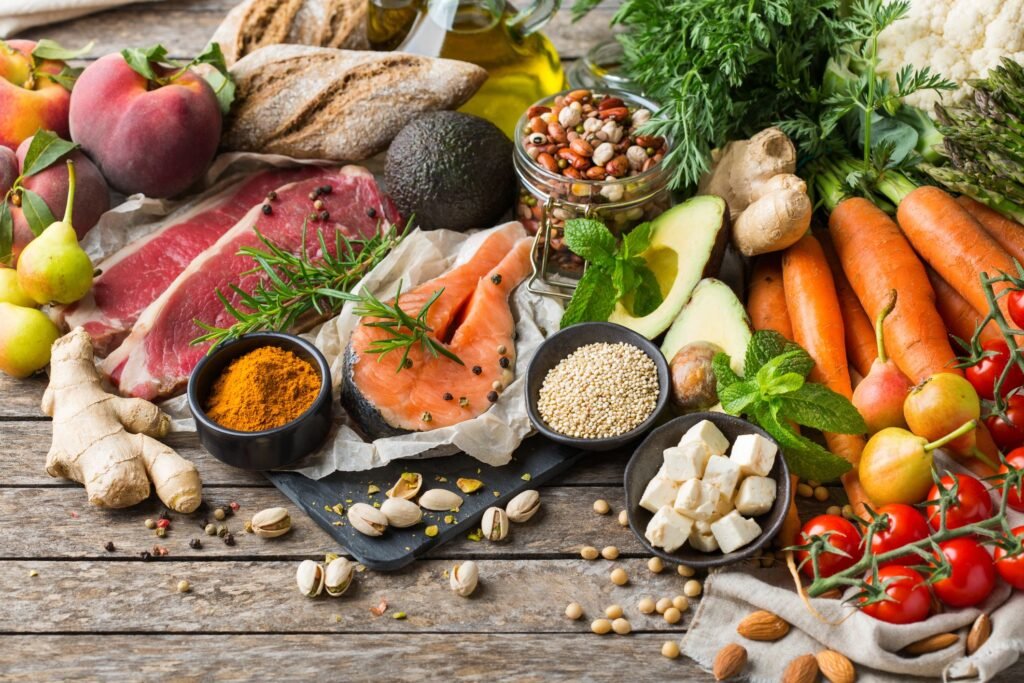
Is Flexitarian Diet Healthy?
Technically, a flexitarian diet is not a vegetarian diet considering the fact that you’re still eating meat on occasion. This is generally helpful for people who are used to eating meat, and cannot give it up easily. Instead of going cold turkey, you can have meat to tide over your cravings. Just don’t make a habit of it. You get all the usual benefits of a vegetarian diet, such as reduced risk of getting type-2 diabetes and cancer. Since you’re reducing the amount of calories you consume compared to a regular meat-based diet, you’re going to lose weight.
5. What is Pescetarian Diet?

A Pescetarian diet is a vegetarian diet that allows you to eat fish. This includes foods such as tuna, sushi and salmon. You’re still going to be avoiding meats such as chicken, beef and pork. Whether you want to include dairy products like eggs and milk is totally up to you. Another benefit of a Pescetarian diet is weight loss. A study showed that women who were on a Pescetarian diet lost almost 3 more pounds every year than those who ate meat. It not only helps weight loss, but also prevents putting on extra pounds. If you stick to a plant-based diet, you tend to gain a lot less weight than meat eaters.
Can Pescetarian Diet Lower Cholesterol?
The main benefit of this diet is that you get all the important omega-3 fatty acids from the seafood that you eat. These omega-3 fatty acids are usually not present in a purely vegetarian diet. This will help lower bad cholesterol. Research also shows those who followed a Pescetarian diet had a 22% lower risk of getting fatal heart disease compared to those who ate meat regularly.
6. A Vegan Diet

It is the strictest of all the diets. All animal-based products, including meat, fish, eggs and dairy are out of the question. Some even remove honey from their diet, as it’s made by bees. Your diet would essentially consist of plant-based foods such as legumes, peas, nuts, fruits and vegetables, among others. It doesn’t mean you have to completely get rid of dairy products. The difference, however, is you would be consuming plant-based alternatives. For instance, instead of cow’s milk, you would be drinking soy milk, or other products taken from plants. The same is the case with meat. Tofu is the most popular alternative. You could also have tempeh and jackfruit to get all those nutrients you usually get from animal-based foods. Click here to learn more about vegan diet.

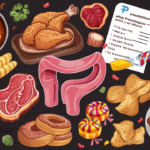
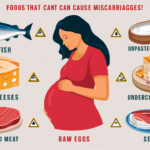

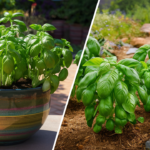


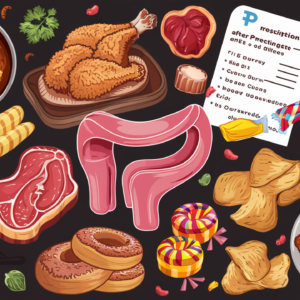
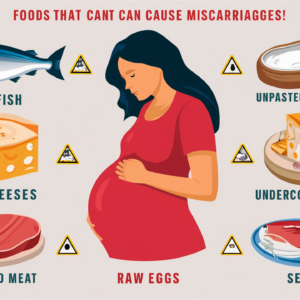
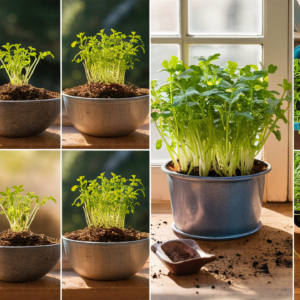
I think every concept you put up in your post is strong and will undoubtedly be implemented. Still, the posts are too brief for inexperienced readers. Would you kindly extend them a little bit from now on? I appreciate the post.
Your point of view caught my eye and was very interesting. Thanks. I have a question for you.
Your point of view caught my eye and was very interesting. Thanks. I have a question for you.
I don’t think the title of your article matches the content lol. Just kidding, mainly because I had some doubts after reading the article.